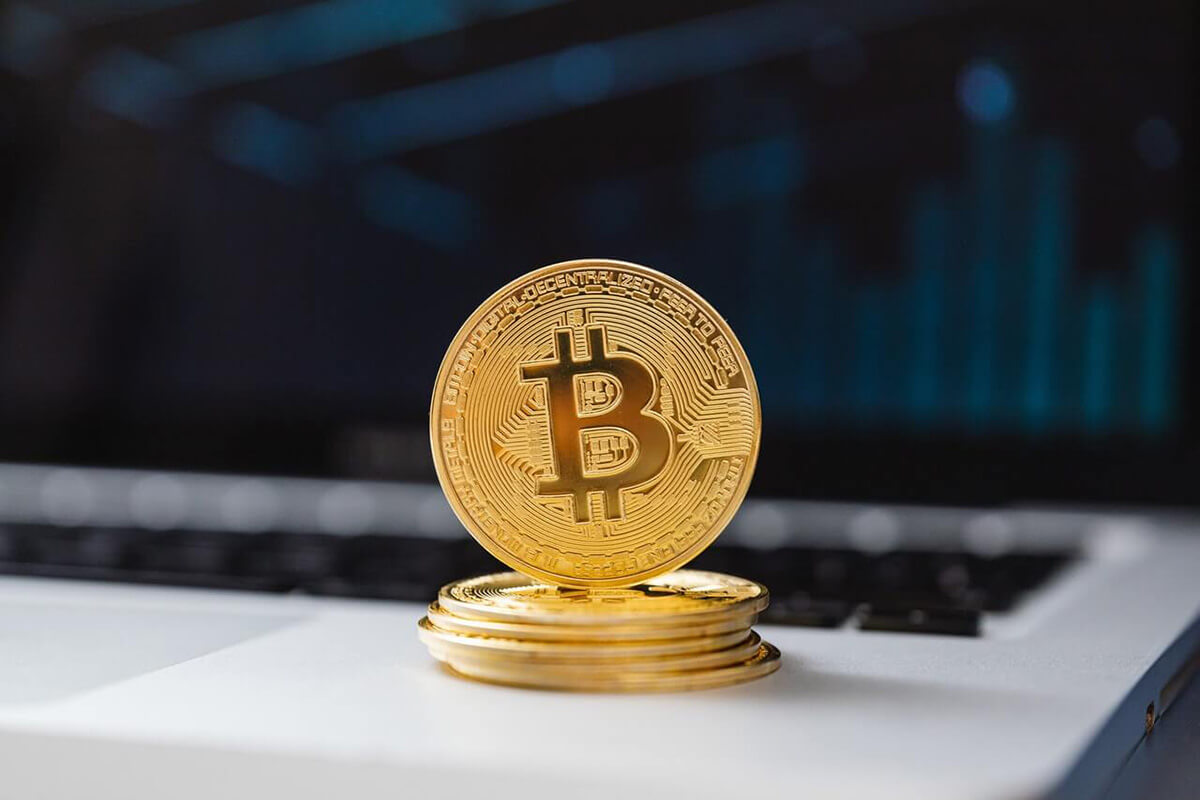If you already own cryptocurrency or plan to invest in some in the future, you are in for a nice treat. While crypto was once a mysterious form of currency that barely had use beyond the realms of the dark web, it is now being widely adopted across the globe. And if its popularity continues to grow at this rate, most, if not all, of your favorite retail businesses will soon be accepting cryptocurrency as a primary payment option in the very near future.
Why the sudden surge in adoption?
The list of benefits of cryptocurrency has always been one for the books, but it is only now getting its due, mostly because fiat currency exchange had seemed to be working so well. However, early crypto adopters will attest to experiencing a huge spike in their revenue and customer base. As there is a huge competitive advantage at play, they were able to attract a variety of buyers that prefer to use this type of currency. But what’s so special about crypto’s spending power? Well, what non-investors might not know is that when the prices of these digital assets go up, crypto owners have more money to work with and are eager to do business with retailers who accept their payment type.
Aside from attracting new customers, corporations accepting cryptocurrencies tend to experience much smoother transactions. Crypto is both discreet and secure; once a purchase is made, it is a done deal. When buying with crypto, customers don’t have the liberty of calling a bank representative to request a refund as the payment travels directly from them to the respective company within just a matter of seconds. With no middleman to intervene, corporations can say goodbye to undue chargebacks and slow processing periods. Also, if there are any transaction fees to be had, they are minimal. More on that later.
Will the Volatile Nature of Cryptocurrency Affect Profits?
The fact that Bitcoin and other forms of cryptocurrency are extremely volatile is both a blessing and somewhat of a curse. In fact, these huge price swings are often the reason why select business owners reject digital currency payments as a whole. It is true that at the time of a particular purchase, the digital asset might hold a much higher worth than it could be in the next couple of hours or so, putting the merchant at risk of receiving less than what they initially agreed to accept. But on the contrary, they might end up a wealthier recipient if its value increases.
For a lot of companies, the possibility of a loss simply isn’t worth it, but fortunately, retailers can accept crypto payments without having to potentially miss out on money. There are a ton of third-party companies that offer instant conversion services, allowing business owners to exchange the payment for the fiat currency of their choice before it undergoes a change in value. This is when those minor transaction fees tend to surface. But unlike traditional financial institutions, these third parties offer extremely low rates for their conversion services and no unnecessary or recurring fees.
How Retailers Can Manage Digital Currency Payments
If you’re interested in implementing cryptocurrencies as a payment method in your retail business, there are a few steps you can take to get started:
- Get a Receiving Address
There are two ways you can do this: you can become a member of a digital wallet service of your choice, or you can choose to manage your own wallet. Managing your own wallet gives you ‘private keys’ that only you can use to access funds, but both are necessary for accepting payments and adding funds via credit and debit cards.
- Post Your QR Code
Consumers will only know you’re able to accept digital payments if you add your retailer QR code to the payment method section of your website.
- Wait for Transactions to Be Processed
Once you have the QR code up on your site, cryptocurrency users can begin making purchases. And retailers can start enjoying the benefits of no middleman fees and faster processing times.
- Cashing Out
Retailers will one day be able to use their funds to digitally pay their vendors, their storefront rent, and other bills, but not everyone takes cryptocurrency payments yet. So, in order to change your cryptocurrency to local currency, retailers need to sign up for an exchange. You can sell your digital funds and have local currency deposited into your account instead.
As technology continues to slow the circulation of the physical dollar each and every year, retailers are being pushed to be more proactive about adopting easier payment solutions, and by the looks of it, digital currency payments might provide everyone the satisfaction that we have all been longing for. And while it might take a while for the mass adoption of cryptocurrency to stick, there isn’t much of a doubt that we will eventually get there.



